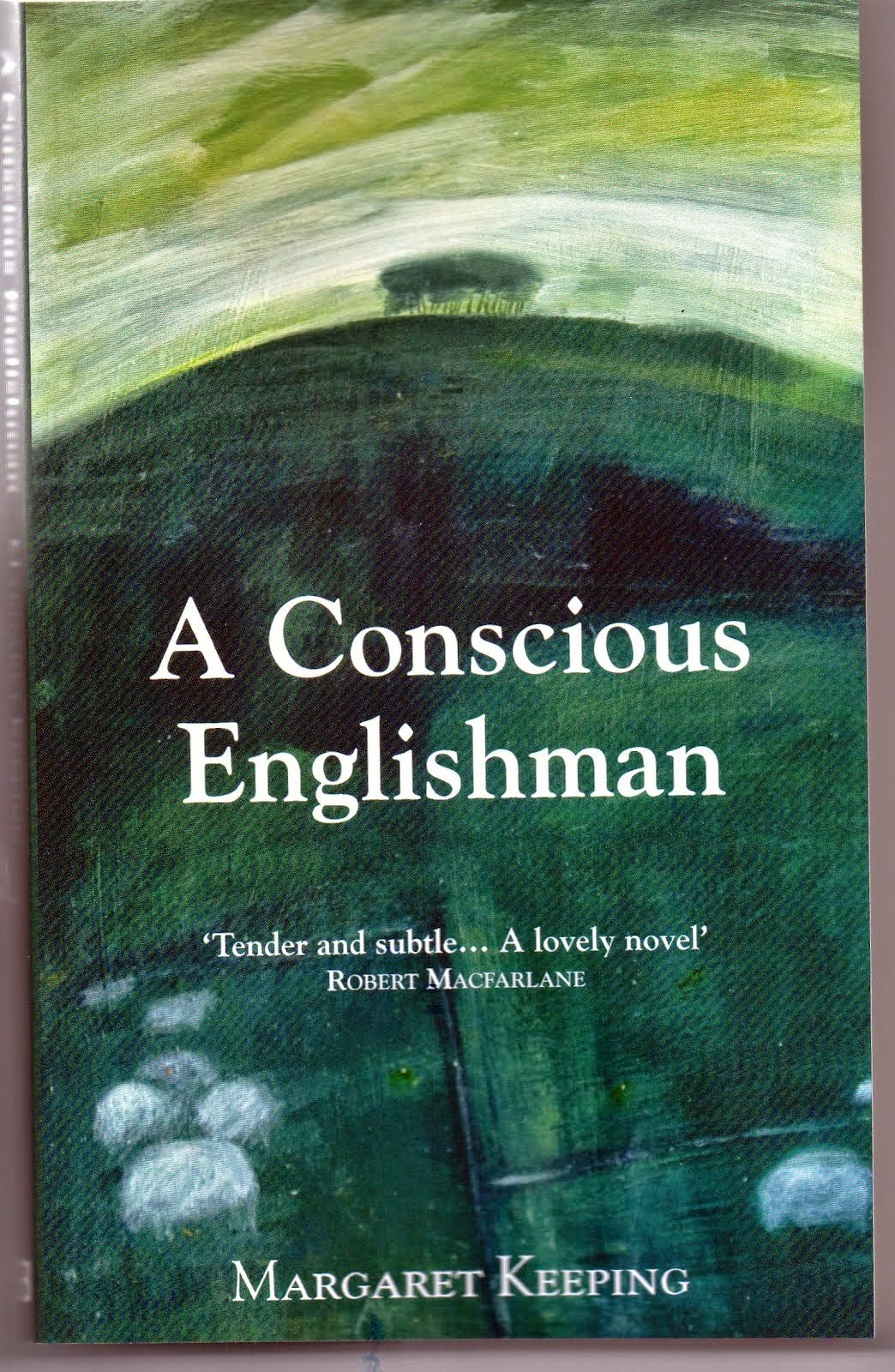In Pursuit of Spring
The new Little Toller edition with photographs renews interest in 'In Pursuit Of Spring.'
Edward Thomas's bicycle journey from London to the Somerset coast, on which he based In Pursuit of Spring,( first published in 1914 by Thomas Nelson), cosoists of idiosyncratic, personal responses to his journey.In Pursuit of Spring is the most important prose work of Thomas's, as it is nearer to the writing he wanted to do, shows a great deal of himself and was the work that Frost identified as showing that his friend could and should write poetry.
Edward Thomas begins with a chapter about the preceding weeks, leading up to Good Friday 1913 on what was also, like ours now, a March Easter. He has a good deal to say about the weather and clearly it was much more variable than our March with its almost unremitting cold.
In many of his prose works he begins with a leaving of London. Thomas's relationship with London is complex. As a small boy he was drawn to the areas most resembling true country, especially Wandsworth Common.
 |
| The Long Pond. |
Wandsworth Common, towards Bolingbroke Grove.
It is those areas he regrets when they have been tidied up or built on - in one case made into a football pitch. He regrets the gypsies who would settle, set up a small fair on holidays (it begins on Good Friday) and perhaps stay on or move elsewhere.
But Thomas needed London for work and friendships. He visited editors, stayed with his parents, lunched with Eleanor and others, worked for Harold Monro's Poetry Bookshop as a reviewer and of course met Robert Frost there at one of his regular literary gatherings.
In the second chapter, passing through London suburbs towards Epsom, I noticed most things that are gone - elms, quite prolific and important, often with rookeries. And hot-cross buns on Good Friday only. My daughter just remembers the baker delivering them to the small hamlet where we lived then - mid seventies - but we can't really remember when that changed.
The first day and first chapter travels from Wandsworth to Guildford.
Now listed, restored , preserved and protected from all sides.
| The Hog's Back near Guildford |
Here is an extract from the novel:
'Robert read out sections concerning the Other Man who reappeared time and again during Edward’s journey from London to the Quantocks. Certainly there was something uncanny, an uneasiness, about the contingency, re-occurring over and over, which might make a poem. Robert’s own poetry, his ‘books of people’, could have accommodated such a character. But had Robert seen further, seen what the Other Man was?
No, Robert was turning on. He read a passage where Edward had almost despaired of finding a bed for the night on Easter day.
‘Listen: “I found a bed and a place to sit and eat in, and to listen to the rain breaking over gutters and splashing on to stones, and pipes swallowing rain to the best of their ability, and signboards creaking in the wind; and to reflect on the imperfections of inns and life¾
You see?’
Edward smiled – weather was a prevailing theme for him, like a descant accompanying his life. He remembered the rest of the chapter – his long discourse on clay pipes and the Other Man’s obsession with weather vanes. Unlikely that Robert would find much in them. No, he moved on, commenting on the passage on George Herbert at Bemington.
When he came to the chapter on Somerset he fell silent. Edward could hear the water murmuring below them under the bridge again.
‘What are you reading?’ Edward asked after a time.
‘I guess it’s everywhere, the poetry – just listen.’ He read in his leisurely way, breaking the lines as though he were reading blank verse.
‘I went out into the village at about half-past nine in the dark, quiet evening. A few stars penetrated the soft sky; a few lights shone on earth, from a distant farm seen through a gap in the cottages. Single and in groups, separated by gardens and bits of orchard, the cottages were vaguely discernible; here and there a yellow window square gave out a feeling of home, tranquillity, security. Nearly all were silent. Ordinary speech was not to be heard, but from one house came the sounds of a harmonium being played and a voice singing a hymn, both faintly. A dog barked far off. After an interval a gate fell-to lightly. Nobody was on the road.”
‘And again – these images …see: “The pollard willows fringing the green, which in the sunlight resemble mops, were now very much like a procession of men, strange primeval beings, pausing to meditate in the darkness.”
That’s great. The music and the drama in it, working together. And the way it ends: “I felt that I could walk on thus, sipping the evening silence and solitude, endlessly.” '
Edward looked down from the footbridge into the dark brook; he was both excited and impatient. If Robert would just leave him alone for a while now, he thought. It was for him to evaluate his own work. If there was a possibility of him trying poetry, well, then it was for him to find his sources, his subjects.
‘Robert, I think I have to be getting back to work. But thank you. Next time we meet, though, let’s talk about your poetry.’ '














 Yew Tree Cottage, Steep - the back door.
Yew Tree Cottage, Steep - the back door.

 The replaced window and the vandalised one.
The replaced window and the vandalised one.
